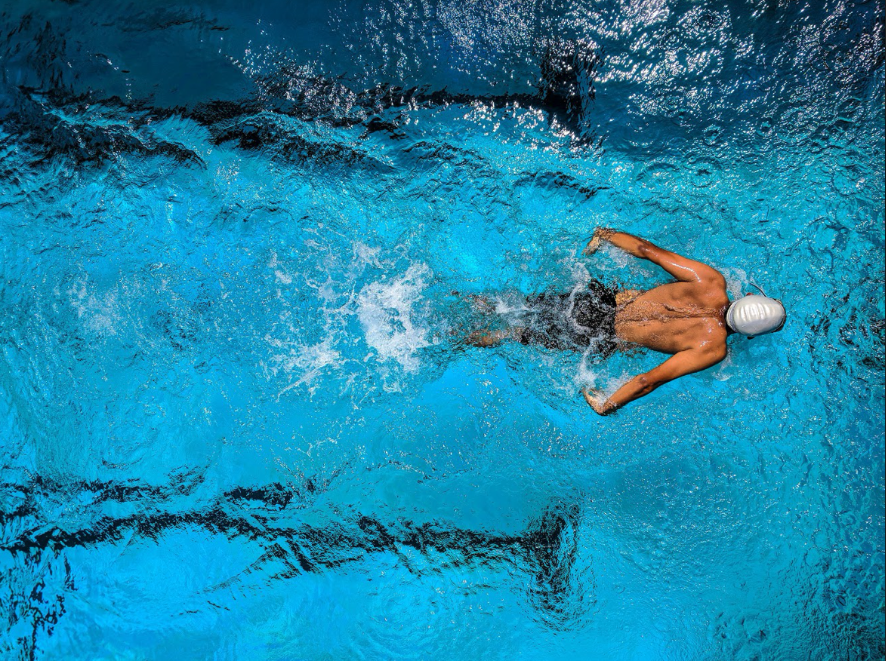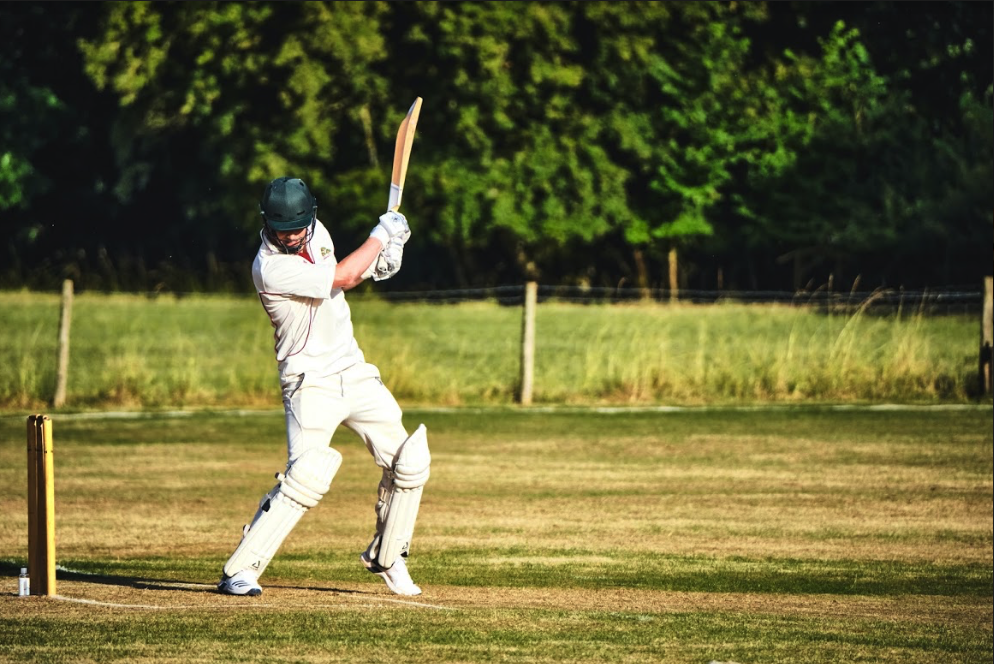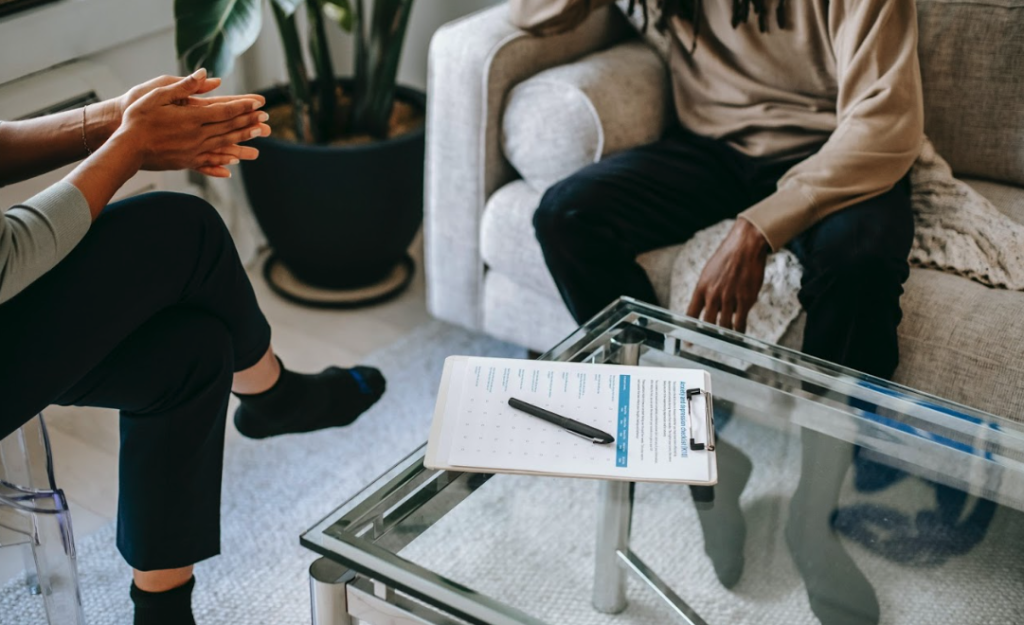Adjusting to retirement can be a challenging time for an athlete. Elite athletes have dedicated their lives to their sport, and have formed their identity around their sporting lives. What are some of these struggles athletes experience and how do they navigate them?

The experiences of retired Australian athletes
There have been a plethora of high profile Australian athletes who have talked about their personal struggles once they have retired.
Former Olympian swimmer Libby Trickett retired twice – in 2009 and again in 2013 – and has spoken out about the difficulties she faced once she retired.
“When you are training 35 hours a week you can eat a lot. When you’re not training 35 hours a week, I could eat like I was training at that Olympic level. I put on a lot of weight, had no routine, stopped all forms of exercise,” she said.
“I stopped wanting to catch up with friends and family. What do you talk about now? You know?
“I had nothing outside of swimming, really. You know, I tried to create something outside of swimming, so I was doing university, but it wasn’t necessarily a passion.”
Former Australian cricket bowler Nathan Bracken retired in 2011 due to a knee injury and struggled with finding employment once he had retired.
“I applied for pretty much every job under the sun. I applied for packing shelves in shopping centres and the comment is, ‘Oh what do you need a job for? You don’t need this. Don’t be silly’”.
A 2015 study of 224 retired Australian athletes found that one in four struggled with depression. Athletes in the study were found to have struggled also with other mental health issues such as general psychological distress, social anxiety, generalised anxiety disorder, eating disorders and panic disorder.

Programs to help athletes
There have been a number of programs introduced which aim to help athletes transition once they retire. For instance, there is the International Olympic Committee Athlete Career Education Program, which aims to redirect athletes towards education and gaining new skills and careers.
However, it is argued there needs to be more emphasis on helping athletes prior to retirement. This can help athletes to ensure they develop other areas of their lives, rather than focusing their entire identity on competitive sport.
One example of these programs is the Elite Athlete Education Network, which is the result of 41 universities working with the Australian Institute of Sport to support athletes during their study. This offers more flexible arrangements for athletes so they are able to meet their sporting commitments as well as continue with their academic studies.
The AFL Players’ Association has implemented the Max360 program, which works to ensure every athlete is prepared for life during and after their AFL career. The program includes elements such as:
- Getting organised – implementing self-management skills
- Learning and growth – education and work experience programs
- Financial ownership – basic financial management skills
- Personal brand – identifying personal values and strengths
- Resilience and thriving – managing stress, bouncing back and knowing how and where to get help
How to adjust after retirement
What can athletes do to re-adjust once they retire?
There are numerous tips that can help to make the adjustment period easier.
- Visit a sport psychologist who will be able to help you manage, change careers and adapt to a new life.
- Discover interests in and beyond sport – this can include coaching or mentoring athletes or participating in work experience opportunities
- Maintain strong relationships with those who you were close with during your sporting career. This can include coaches, managers and teammates. Some of these associates and friends may be able to relate having transitioned into retirement themselves.
- 4. Expand your self-identity to ensure you do not just identify with the sport you played. Taking up hobbies and pursuing volunteer roles may assist in this process.
Some athletes have seen success in transitioning into a new career. Jana Pittman, who qualified for the Olympics at age 15, struggled with the transition to retirement. However, she has now found fulfilment working in obstetrics and gynaecology.
“Sometimes no matter how hard you try at something, we are human and we are fallible,” Pittman told Kate Mills in a podcast.
“When one door closes – and that for me was a giant door- not winning the Olympic gold medal – another one opens.”
“I truly believe I wouldn’t have become a doctor and I wouldn’t have become a women’s health advocate had I gone down that sports pathway more.”
Visiting a sports psychologist may assist in time of transition. Contact Tracey Veivers today to discuss how she may be able to assist.


